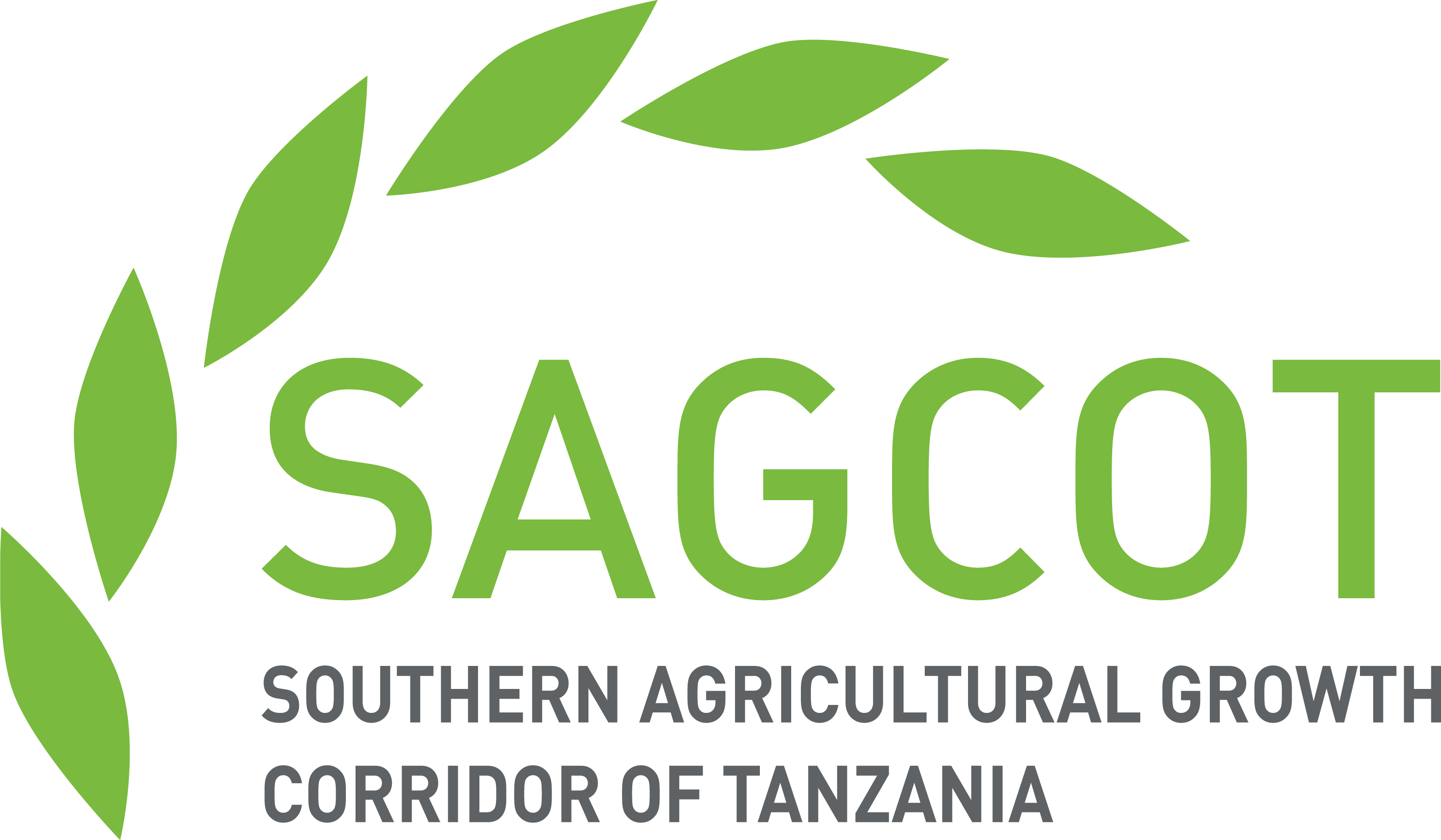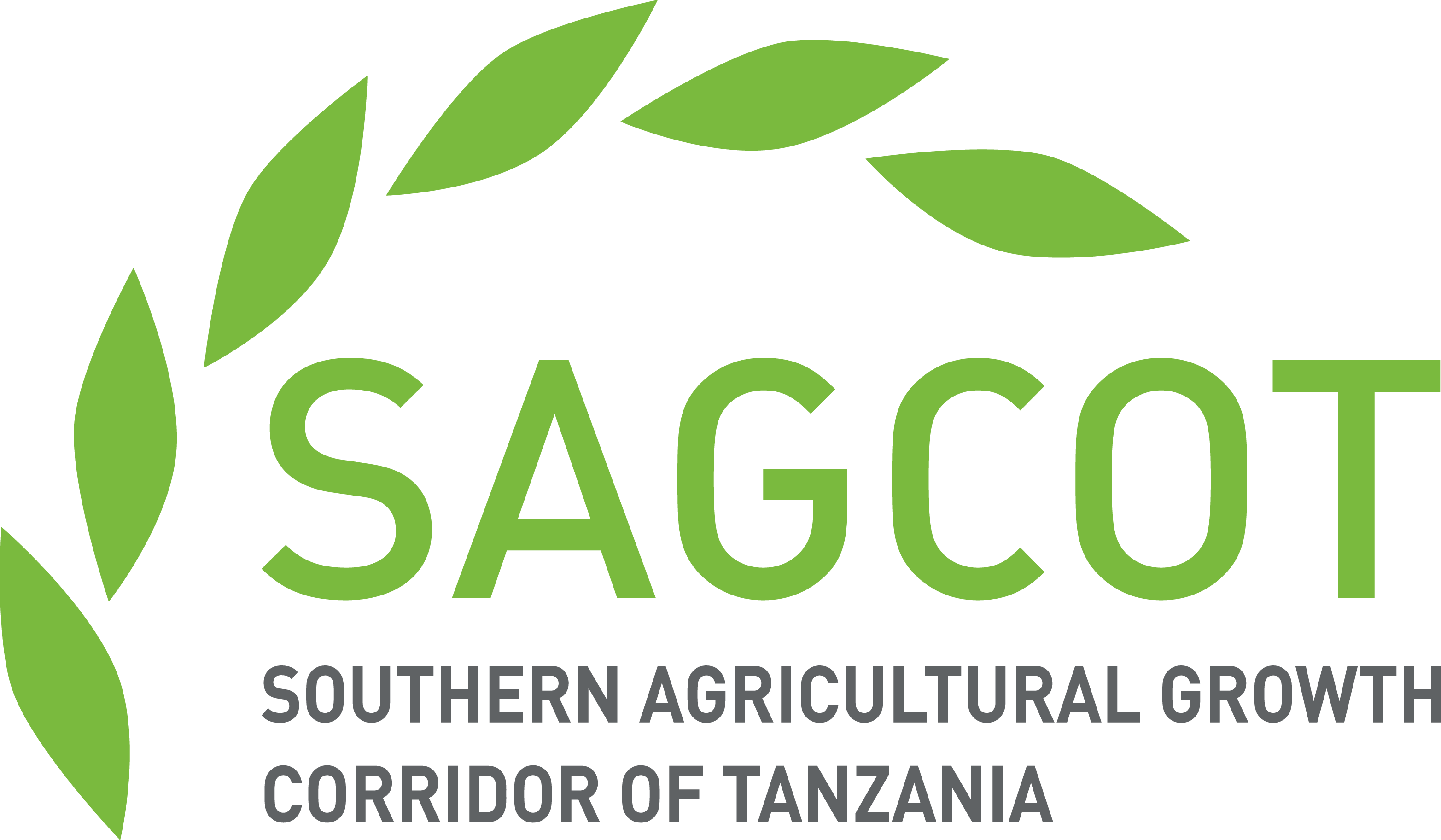November 21, 2024
Wilson Joel, an Agricultural Officer in Njombe, Tanzania, is excited about the potential of the Youth Entrepreneurship for the Future of Food and Agriculture (YEFFA) program. He believes it’s a perfect fit for the region and will significantly benefit the youth involved in agriculture.
“This program is crucial for the agricultural sector because it focuses on young people, a vital workforce,” says Joel “Here in Njombe, we have over 59,000 young people actively engaged in farming.”
He emphasizes the program’s alignment with government efforts to support youth in agriculture, particularly through the Building a Better Tomorrow (BBT) initiative under the Ministry of Agriculture.
Joel points out that YEFFA addresses key challenges young farmers face, including access to financial support, education, extension services, and markets. “Markets remain a significant challenge,” he says, “but through this initiative, we can form groups that will strengthen market access and motivate youth to see agriculture as a viable source of employment.”
He is grateful for the program and pledges collaboration with all stakeholders to ensure its success in transforming agriculture in the region.
In a strategic effort to promote inclusive agricultural growth in Njombe, the SAGCOT Centre and ADP Mbozi hosted a dynamic one-day workshop in Makambako on Thursday, November 21, 2024. The event introduced the transformative Youth Entrepreneurship for the Future of Food and Agriculture (YEFFA) program, an AGRA and the Mastercard Foundation initiative to empower women and youth in agriculture.
The workshop involved diverse stakeholders, including regional authorities, financial institutions, agrodealers, and agriculture officers, to design a roadmap for fostering agricultural innovation and inclusivity.
Focused on the districts of Wang’ingombe and Ludewa, the interventions aim to address critical barriers to progress while fostering sustainable practices. Key priorities include:
- Enhancing Agricultural Extension Services: Strengthening advisory systems to support farmers better.
- Advancing the Lead Farmer Model: Empowering lead farmers to disseminate knowledge and skills effectively.
- Strengthening Value Chain Connectivity: Building stronger stakeholder relationships to streamline operations.
- Improving Post-Harvest Handling: Introducing advanced technologies to minimize losses and improve quality.
- Promoting Climate-Smart Agriculture (CSA): Encouraging adopting resilient and sustainable farming practices.
- Diversifying Maize Products: Expanding value-added opportunities for maize processors to enhance income streams.



